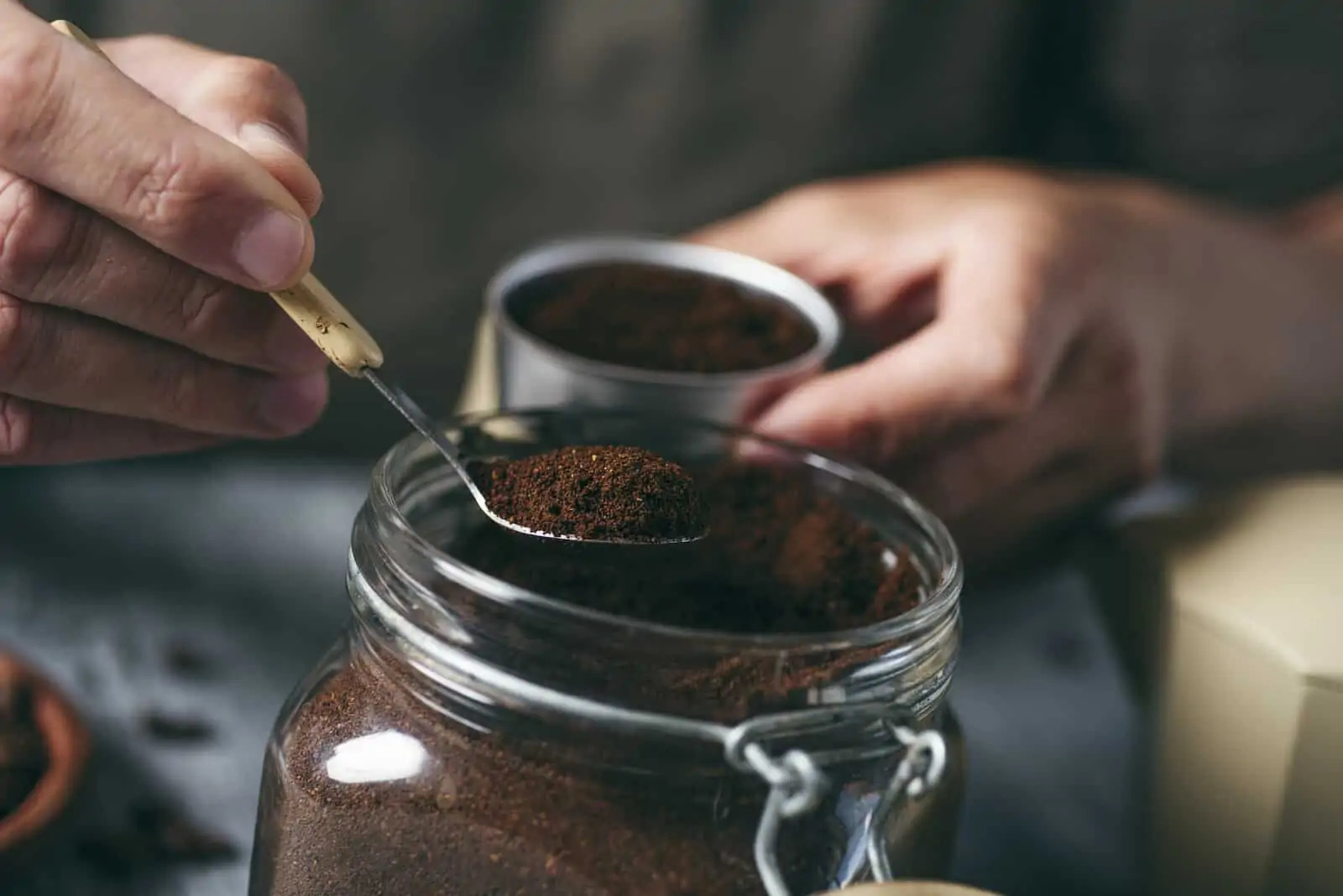

Articles
How To Store Coffee Grounds
Modified: January 18, 2024
Learn how to store coffee grounds properly with our informative articles. Keep your coffee fresh and flavorful for longer with these helpful tips.
(Many of the links in this article redirect to a specific reviewed product. Your purchase of these products through affiliate links helps to generate commission for Storables.com, at no extra cost. Learn more)
Introduction
When it comes to brewing a perfect cup of coffee, using fresh coffee grounds is essential. However, there are times when we end up with leftover coffee grounds that we don’t want to waste. So, what do we do? The answer lies in proper storage.
Storing coffee grounds correctly can help prolong their freshness and flavor, allowing you to enjoy a delicious cup of coffee every time you use them. In this article, we will explore the importance of storing coffee grounds, factors to consider before storing them, the best containers to use, tips for proper storage, how long coffee grounds can be stored, signs of spoiled coffee grounds, and creative ways to reuse them.
So, let’s dive in and learn how to store coffee grounds to keep them fresh and ensure a great cup of coffee every time!
Key Takeaways:
- Properly storing coffee grounds is crucial for cost savings, convenience, and long-term freshness. Consider factors like quality, airtight containers, and storage location to ensure optimal flavor and aroma.
- Don’t let leftover coffee grounds go to waste! Store them in airtight containers, avoid air exposure, and get creative with repurposing. Enjoy cost savings, convenience, and sustainable living with proper storage.
Read more: How To Store Ground Coffee
Why store coffee grounds?
When you think about it, storing coffee grounds may seem unnecessary. After all, why not just buy the exact amount of coffee you need for each brewing session? While that is an option, there are several reasons why it’s beneficial to store coffee grounds:
- Cost savings: Buying coffee grounds in bulk is often more cost-effective than purchasing smaller quantities. By storing them properly, you can take advantage of bulk discounts and save money in the long run.
- Convenience: Having coffee grounds readily available at home means you can enjoy a cup of coffee whenever you want, without having to run to the store or a coffee shop.
- Reduced waste: By storing coffee grounds, you can avoid wasting unused portions. Coffee grounds can be composted or repurposed, making them a sustainable choice for your kitchen.
- Flexibility: Storing coffee grounds allows you to experiment with different brewing methods and flavor profiles. You can try different brew ratios, grind sizes, and brewing techniques without worrying about running out of coffee.
- Long-term freshness: Properly stored coffee grounds can retain their freshness and flavor for an extended period. This ensures that you consistently enjoy a high-quality cup of coffee.
Now that we understand the benefits of storing coffee grounds, let’s explore the factors to consider before you start storing them.
Factors to consider before storing coffee grounds
Before you start storing coffee grounds, there are a few factors to consider to ensure the best possible outcome:
- Quality of the coffee grounds: The freshness and quality of the coffee grounds you start with will directly impact their shelf life. Always choose high-quality, freshly roasted coffee beans and grind them just before brewing for the best flavor.
- Airtight containers: Proper storage containers are crucial to maintaining the freshness of coffee grounds. Look for containers that are airtight and have a strong seal to keep out light, moisture, and oxygen.
- Storage location: Where you store your coffee grounds is also important. It’s best to keep them in a cool, dark place away from direct sunlight, heat, and humidity. Avoid storing them near appliances that generate heat, such as ovens or stovetops.
- Avoiding contact with air: Exposure to air can quickly degrade the quality of coffee grounds. Make sure to seal the container tightly after each use and avoid frequent opening and closing.
- Freshness of the coffee grounds: Coffee grounds are at their best within a few weeks of being roasted. Aim to use them as soon as possible for the freshest flavor. If you buy pre-packaged coffee grounds, check the expiration date and try to consume them before that date.
- Quantity: It’s best to store coffee grounds in small portions, only what you need for a week or two, to ensure maximum freshness. This way, you can open a new package when needed, avoiding prolonged exposure to air.
By considering these factors, you can ensure that your stored coffee grounds maintain their freshness and flavor for an extended period. Now let’s move on to explore the best containers for storing coffee grounds.
Best containers for storing coffee grounds
The choice of container plays a crucial role in preserving the freshness and flavor of coffee grounds. Here are some of the best containers for storing coffee grounds:
- Airtight canisters: Look for canisters specifically designed for coffee storage. These canisters have airtight seals that keep out air, moisture, and light, preserving the flavor and aroma of the coffee grounds.
- Mason jars: Mason jars are a popular choice for storing coffee grounds. They are inexpensive, readily available, and provide a tight seal. Opt for dark-tinted or opaque mason jars to protect the coffee grounds from light exposure.
- Vacuum-sealed containers: Vacuum-sealed containers remove the air from the container, creating a vacuum seal that helps to preserve the freshness of the coffee grounds. These containers are especially useful for long-term storage.
- Coffee storage bags: Specialty coffee brands often package their coffee grounds in resealable bags with one-way valves. These valves allow the release of excess carbon dioxide while preventing oxygen from entering, keeping the coffee grounds fresh.
- Tight-sealing plastic containers: If using plastic containers, look for ones that have a tight-sealing lid to prevent air and moisture from entering. Opt for BPA-free containers to ensure there is no transfer of harmful chemicals to the coffee grounds.
- Coffee canisters with freshness indicators: Some canisters come with built-in freshness indicators, such as date dials or air pressure release valves. These indicators can help you track the freshness of the coffee grounds and ensure you use them at their best.
When choosing a container, prioritize those that offer airtight seals, protection from light, and are made from materials that won’t taint the flavor of the coffee. Remember to clean the containers thoroughly before transferring the coffee grounds to ensure no residual flavors are transferred.
Now that you know the best containers for storing coffee grounds, let’s move on to some tips on how to properly store them.
Tips for storing coffee grounds
To ensure the freshness and quality of your stored coffee grounds, follow these tips:
- Buy in smaller quantities: If possible, buy coffee beans and grind them just before brewing. This ensures that you have the freshest coffee grounds and reduces the need for storage.
- Store in airtight containers: Use airtight containers to prevent air, moisture, and light from reaching the coffee grounds. This helps maintain their flavor and aroma for a longer period.
- Avoid freezing coffee grounds: While it might be tempting to freeze coffee grounds to extend their shelf life, it’s not recommended. Freezing can change the flavor and aroma of the coffee. It’s best to store coffee grounds at room temperature.
- Keep away from strong odors: Coffee is highly absorbent, and it can absorb odors from its surroundings. Store coffee grounds away from strong-smelling substances to prevent them from acquiring unwanted flavors.
- Divide into smaller portions: If you buy coffee grounds in larger quantities, divide them into smaller portions that you will use within a week or two. This helps minimize exposure to air and maintain freshness.
- Avoid grinding in advance: To maintain maximum freshness, grind coffee beans just before brewing. Store the beans whole until you are ready to grind and brew.
- Label and date your containers: It’s helpful to label your storage containers with the type of coffee and the date of purchase or grinding. This allows you to track the freshness and prioritize consumption accordingly.
- Keep the storage area cool and dry: Choose a storage location away from direct sunlight, heat, and humidity. It’s best to keep coffee grounds in a cool, dry place to maintain their quality.
- Avoid transferring back and forth: Once you have transferred coffee grounds to a storage container, try to avoid transferring them back and forth between different containers. Frequent exposure to air can accelerate the degradation of flavor.
By following these tips, you can optimize the storage conditions for your coffee grounds and ensure they stay fresh and flavorful for longer. Now let’s explore how long you can store coffee grounds before they start to lose their quality.
Store coffee grounds in an airtight container at room temperature, away from light, heat, and moisture. This will help preserve the flavor and freshness of the grounds for a longer period of time.
Read more: How To Store Ground Coffee
How long can you store coffee grounds?
The shelf life of coffee grounds depends on various factors, including their initial freshness, storage conditions, and the type of coffee. Generally, coffee grounds are at their best within two to four weeks of being roasted. However, with proper storage, you can extend their shelf life.
Whole coffee beans have a longer shelf life compared to pre-ground coffee. Once coffee beans are ground, they start to lose their flavor and aromas more rapidly due to increased surface area exposed to air. Ground coffee can start to lose its freshness within a few hours.
To maximize the shelf life of coffee grounds, it’s essential to store them properly. Ideally, store them in an airtight container in a cool, dark place away from direct sunlight, heat, and humidity. Avoid transferring them back and forth between different containers, as frequent exposure to air can degrade their quality.
If you have bought pre-packaged coffee grounds, check the expiration date on the package. It’s best to consume them before the expiration date for the freshest flavors. However, it’s worth noting that the expiration date is an estimate, and the actual freshness may vary depending on the storage conditions.
If you’re unsure about the freshness of your coffee grounds, a simple test is to smell them. Fresh coffee grounds have a pleasant, fragrant aroma. If they have a stale or rancid smell, it’s an indication that they have lost their freshness and may not produce the best cup of coffee.
Remember, while coffee grounds can still be used beyond the ideal freshness period, they may not deliver the same vibrant flavors and aromas. So, it’s recommended to use them within a reasonable time frame to enjoy the best coffee experience.
Now that you know how long coffee grounds can be stored, let’s discuss the signs to look for to determine if your coffee grounds have gone bad.
Signs of spoiled coffee grounds
While coffee grounds can be stored for an extended period, they can eventually go bad and lose their quality. Here are some signs to look out for to determine if your coffee grounds have spoiled:
- Rancid smell: The aroma of fresh coffee grounds is rich and inviting. If your coffee grounds have a foul, rancid smell, it’s a clear indication that they have gone bad.
- Mold or visible signs of moisture: Coffee grounds should always be dry and free from any visible signs of mold or moisture. If you notice any mold growth or excessive moisture in the container, it’s best to discard the coffee grounds.
- Stale taste: Spoiled coffee grounds can produce a dull and unappealing taste. If you brew a cup of coffee using the grounds and it tastes stale or lacks flavor, it’s a sign that they have deteriorated.
- Change in color: Fresh coffee grounds typically have a dark and rich color. If you notice any significant changes in color, such as fading or discoloration, it could indicate that the grounds have started to lose their freshness.
- Lack of crema: If you use espresso coffee grounds and notice a lack of crema (the creamy foam on top of espresso), it could be due to the coffee grounds being stale or past their prime.
- Excessive bitterness or acidity: While coffee can have varying degrees of bitterness and acidity, spoiled coffee grounds may exhibit an unpleasant and overpowering bitterness or acidity.
If you observe any of these signs, it’s best to discard the coffee grounds and obtain a fresh batch for the best brewing experience. Using spoiled coffee grounds can result in a disappointing cup of coffee with off-putting flavors.
Now that we have covered the signs of spoiled coffee grounds, let’s explore some creative ways to reuse coffee grounds instead of throwing them away.
Ways to reuse coffee grounds
Instead of throwing coffee grounds away, there are several creative and useful ways to repurpose them. Here are some ideas for reusing coffee grounds:
- Garden fertilizer: Coffee grounds are rich in nitrogen and other beneficial nutrients, making them an excellent natural fertilizer. Mix coffee grounds into your compost pile or sprinkle them directly onto the soil in your garden to enrich the soil and promote plant growth.
- Deodorizer: Coffee grounds have a strong aroma that can help neutralize odors. Place dried coffee grounds in a bowl or stash them in an old sock, and use them as a natural deodorizer for areas that tend to accumulate unpleasant smells, such as refrigerators or shoe cabinets.
- Scrubbing agent: Coffee grounds can be used as an abrasive scrubbing agent to remove stubborn stains or grease. Mix coffee grounds with a little bit of water or mild soap to create a paste and use it to scrub surfaces like pots, pans, or even cutting boards.
- Beauty treatments: Coffee grounds can be beneficial for skin and hair care. Make a DIY exfoliating scrub by combining coffee grounds with a natural oil like coconut oil. This can help remove dead skin cells and leave your skin feeling smooth and rejuvenated.
- Fridge deodorizer: Place a small container filled with dried coffee grounds in your refrigerator to absorb odors and keep it smelling fresh.
- Repel pests: Spreading coffee grounds around your garden or plants can help deter pests like ants, slugs, and snails. They dislike the strong scent of coffee and will often avoid areas where coffee grounds are present.
- Cleaning coffee mugs and pots: Coffee grounds can be used as a natural scrub to remove stains and residue from coffee mugs and pots. Rub a small amount of damp coffee grounds on the surface to remove stubborn coffee stains.
- Flavor enhancer for cooking: Coffee grounds can add a unique flavor to certain dishes. Use them as a rub for meats, or incorporate a small amount into chocolate desserts or baked goods to enhance the richness of the flavor.
These are just a few examples of how you can repurpose coffee grounds instead of tossing them in the trash. Get creative and discover new ways to make the most out of this versatile ingredient!
Now that we’ve explored various ways to reuse coffee grounds, let’s wrap up our discussion.
Conclusion
Properly storing coffee grounds is essential to maintain their freshness, flavor, and quality. By following the tips outlined in this article, you can ensure that you always have a supply of fresh coffee grounds on hand, ready to brew a delicious cup of coffee whenever you desire.
Consider the factors mentioned before storing coffee grounds, such as their initial quality, the choice of containers, storage location, and the avoidance of air exposure. These factors will play a significant role in preserving the freshness and taste of your coffee grounds.
Remember to choose airtight containers, keep the grounds away from direct sunlight, heat, and humidity, and label and date the containers for easy tracking. It’s also important to note that coffee grounds have a limited shelf life, and while they can still be used beyond their ideal freshness period, their quality may decline over time.
If you notice any signs of spoilage, such as a rancid smell, mold, or a stale taste, it’s best to discard the coffee grounds and obtain a fresh supply. Using spoiled coffee grounds can result in a less-than-optimal coffee experience.
Lastly, don’t forget that coffee grounds can be repurposed in various creative ways, such as garden fertilizer, deodorizer, beauty treatments, or even as a flavor-enhancer in cooking. Explore these options to make the most out of your coffee grounds and reduce waste.
By implementing these storage practices and exploring creative ways to reuse coffee grounds, you can not only enjoy a great cup of coffee but also contribute to a more sustainable lifestyle. So, the next time you find yourself with leftover coffee grounds, don’t let them go to waste – store them properly and discover the myriad of ways to give them a second life!
Frequently Asked Questions about How To Store Coffee Grounds
Was this page helpful?
At Storables.com, we guarantee accurate and reliable information. Our content, validated by Expert Board Contributors, is crafted following stringent Editorial Policies. We're committed to providing you with well-researched, expert-backed insights for all your informational needs.
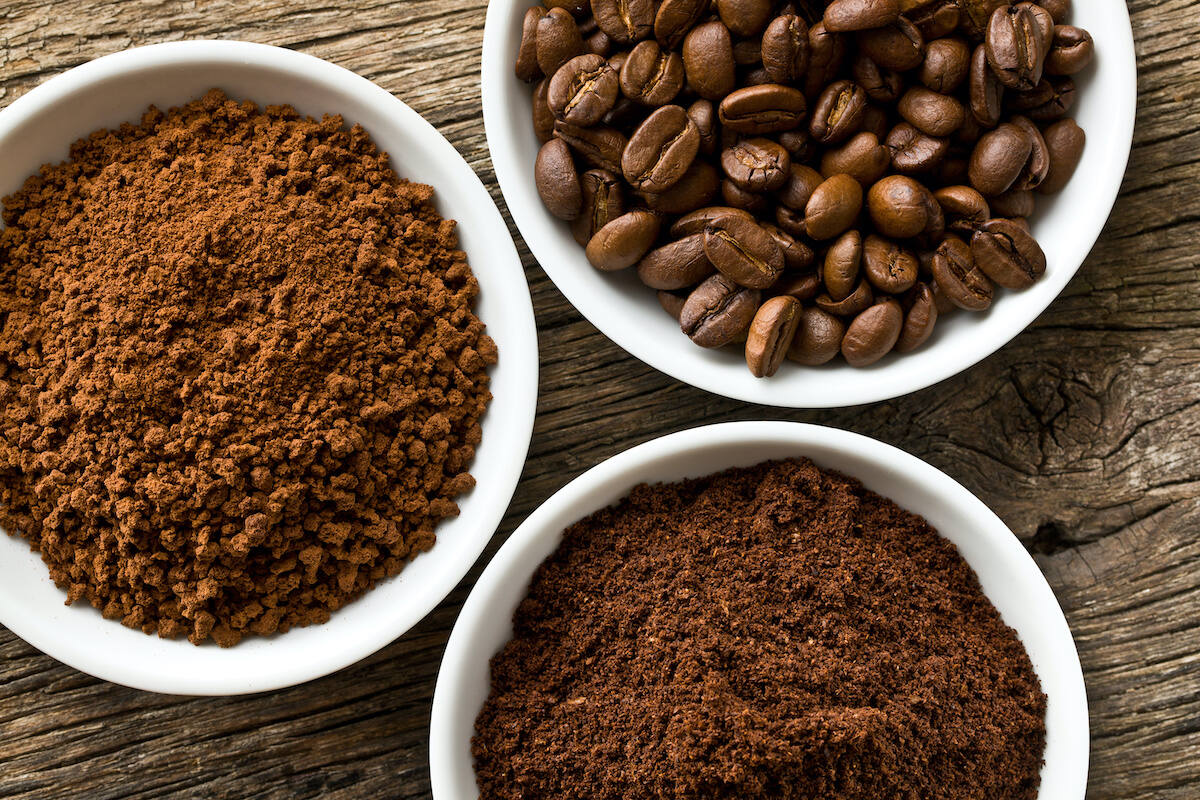
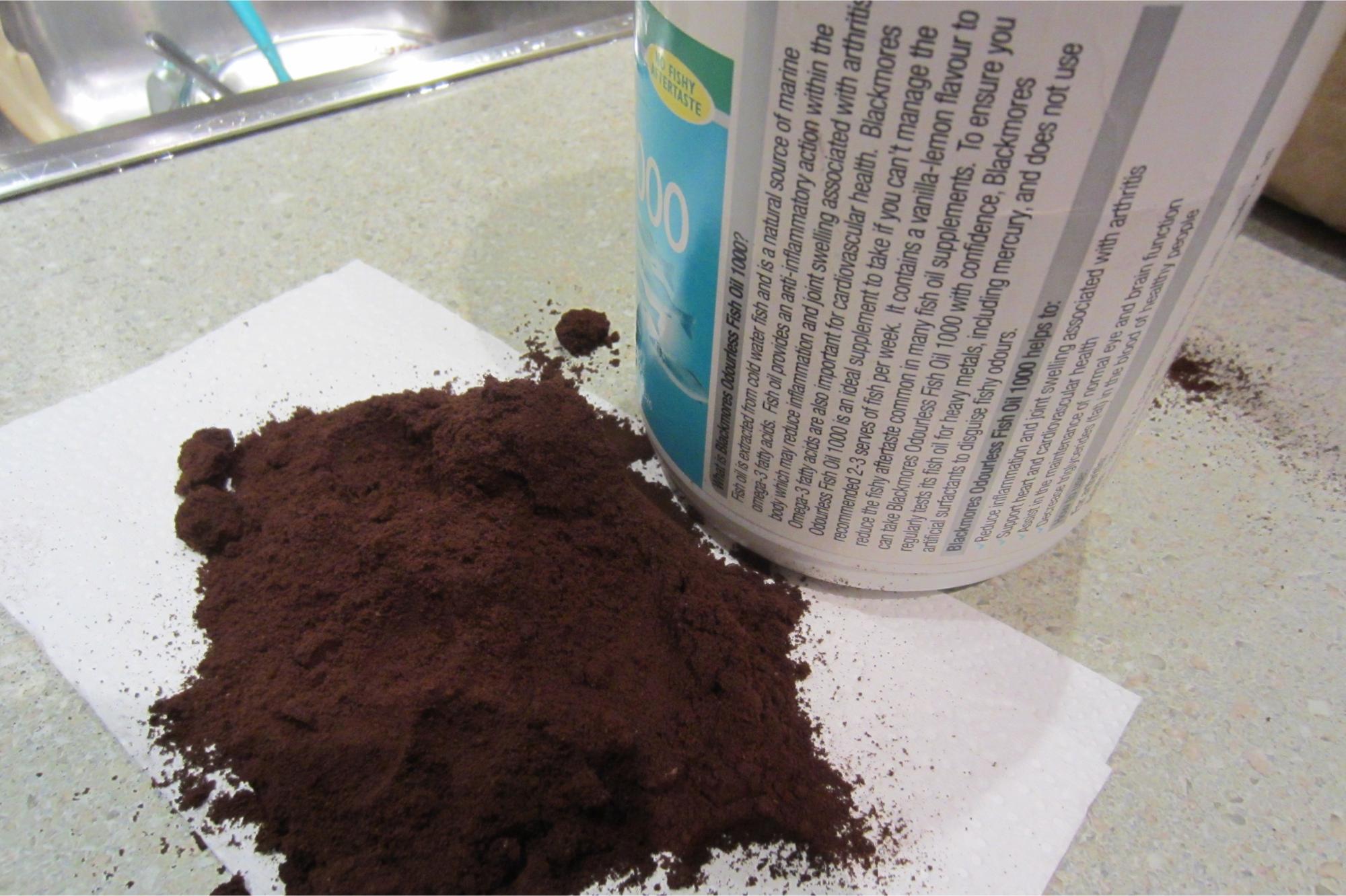
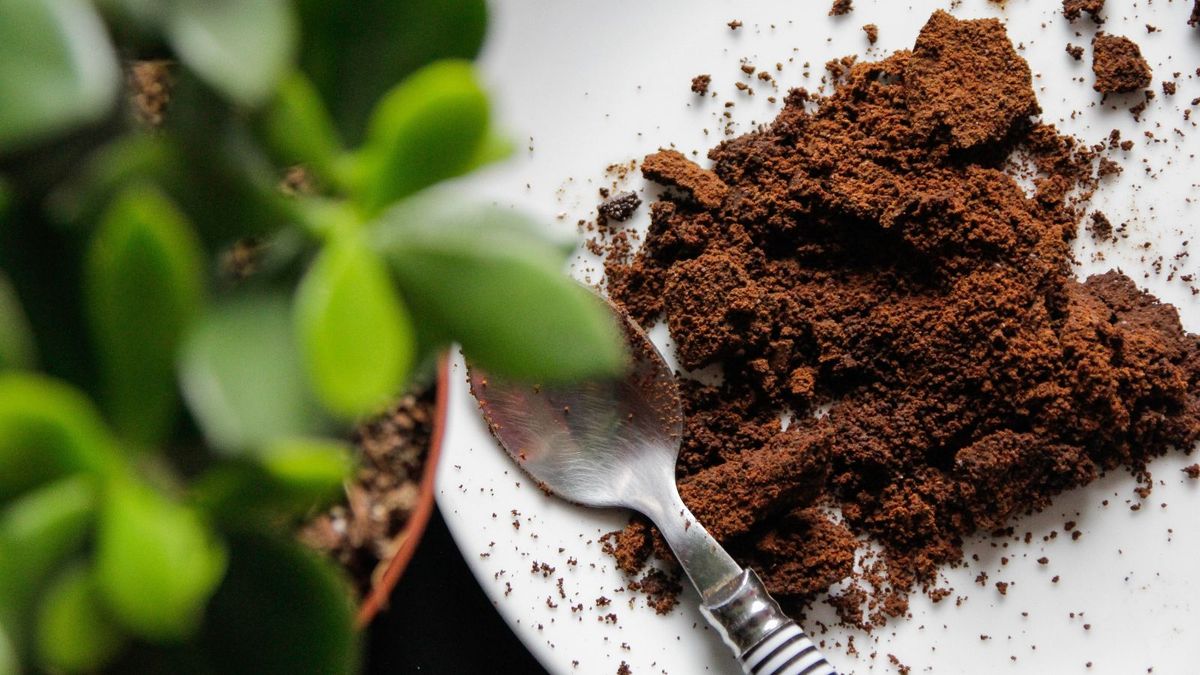
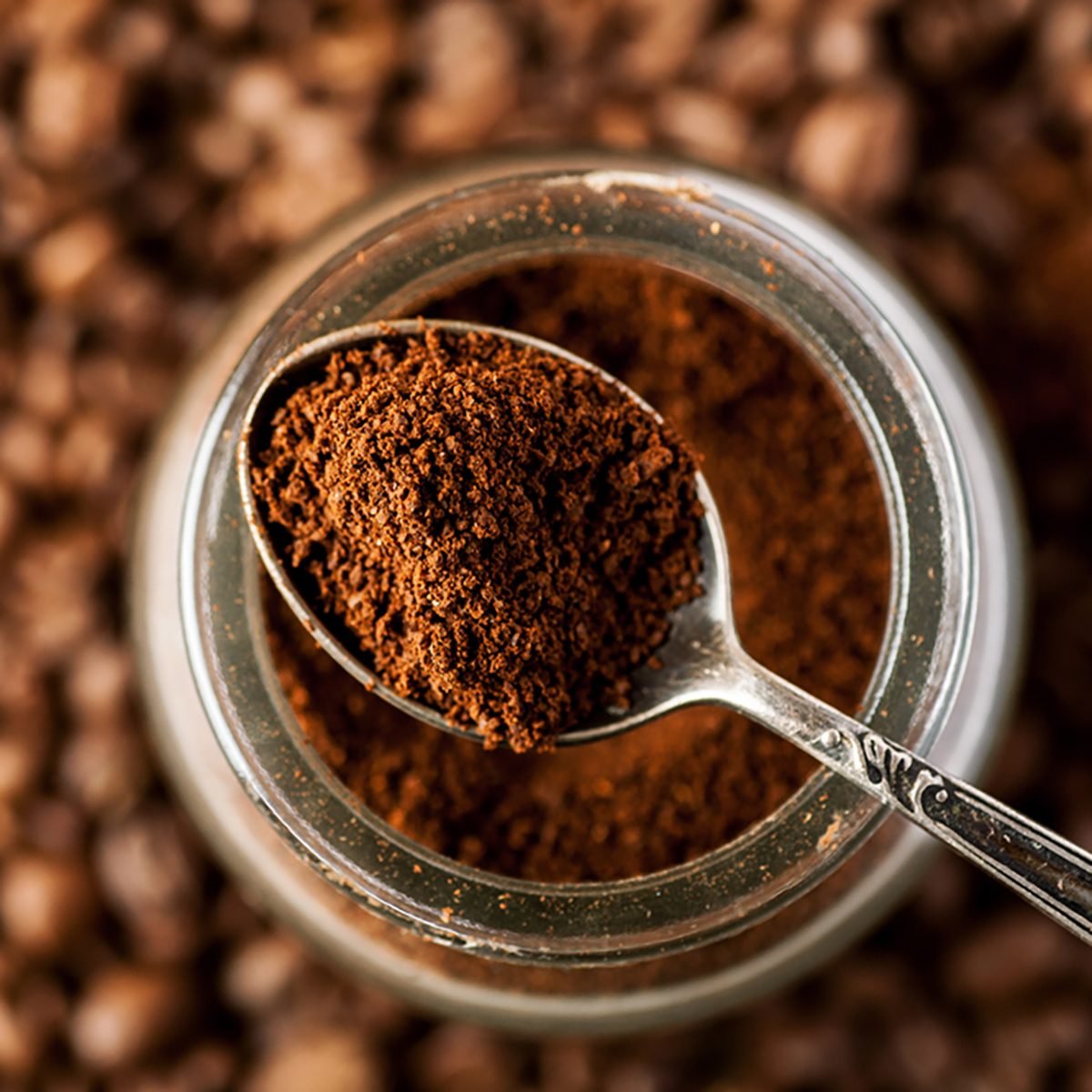
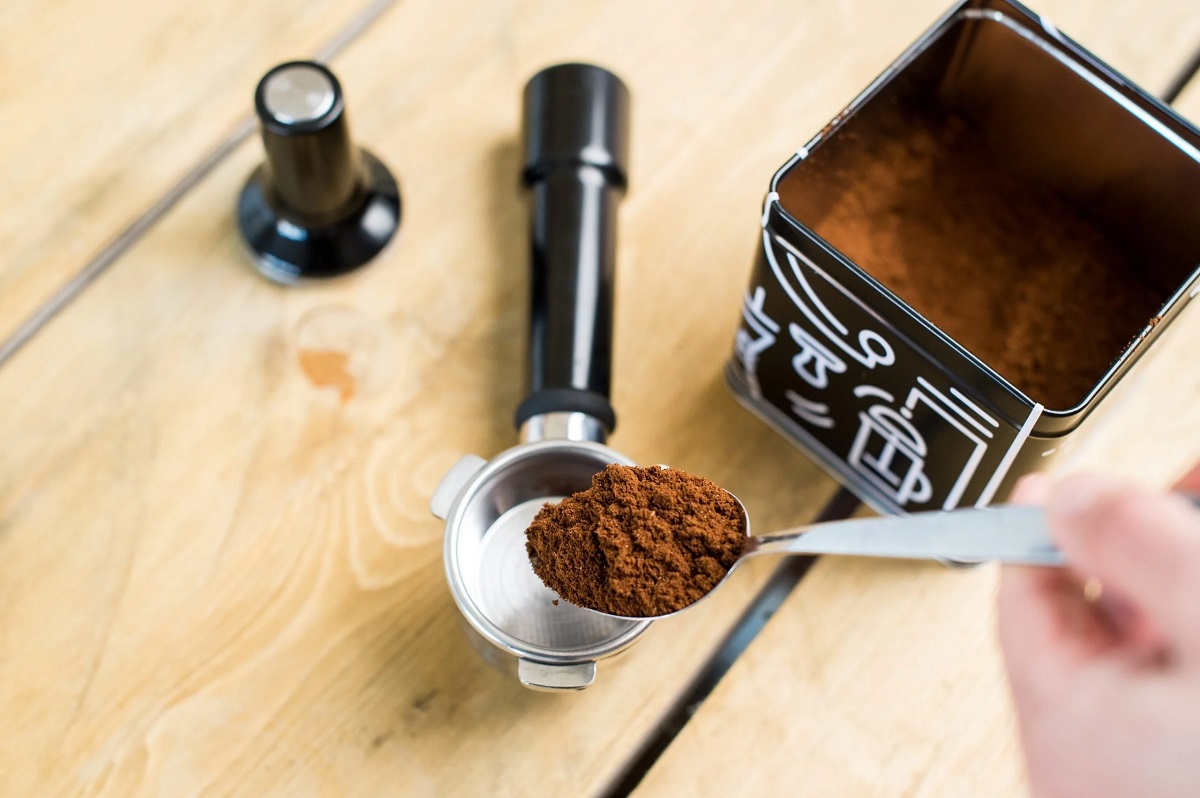
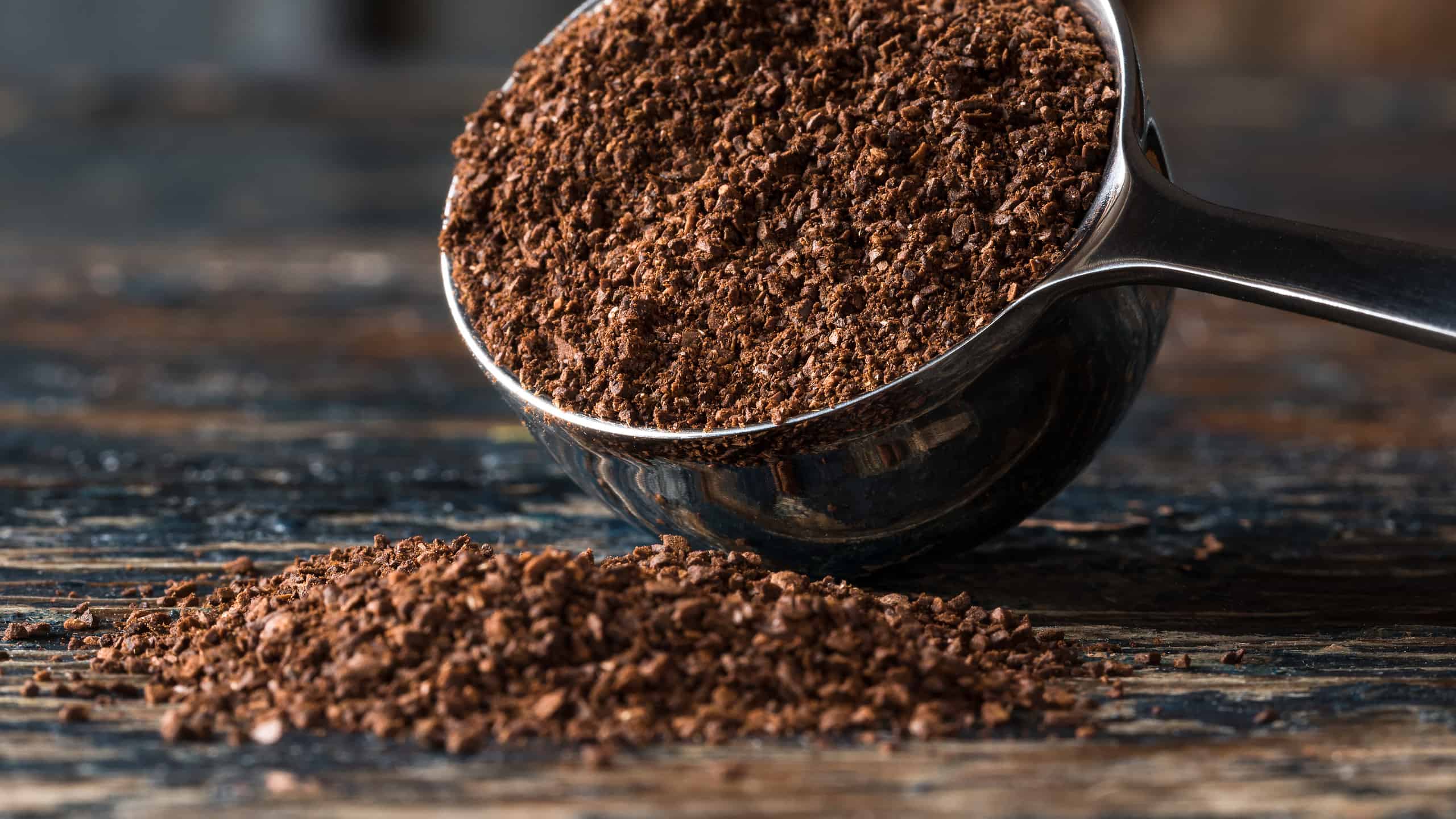
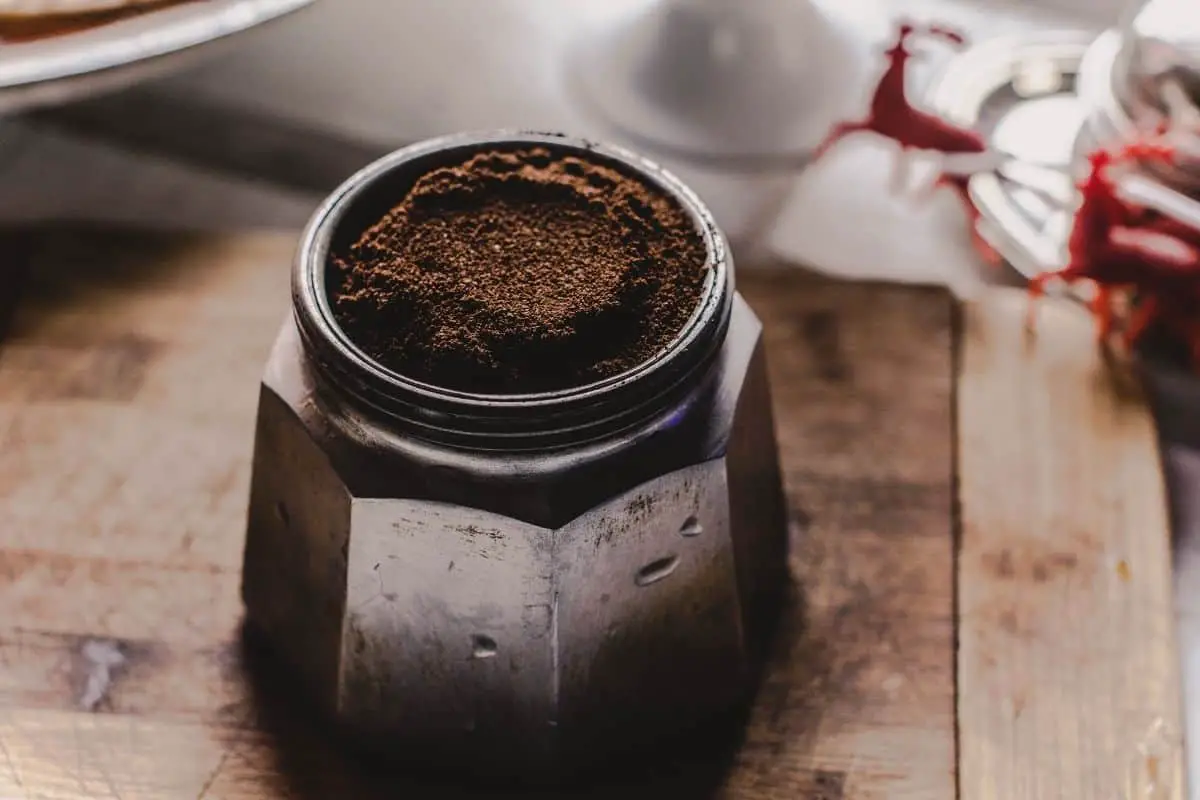
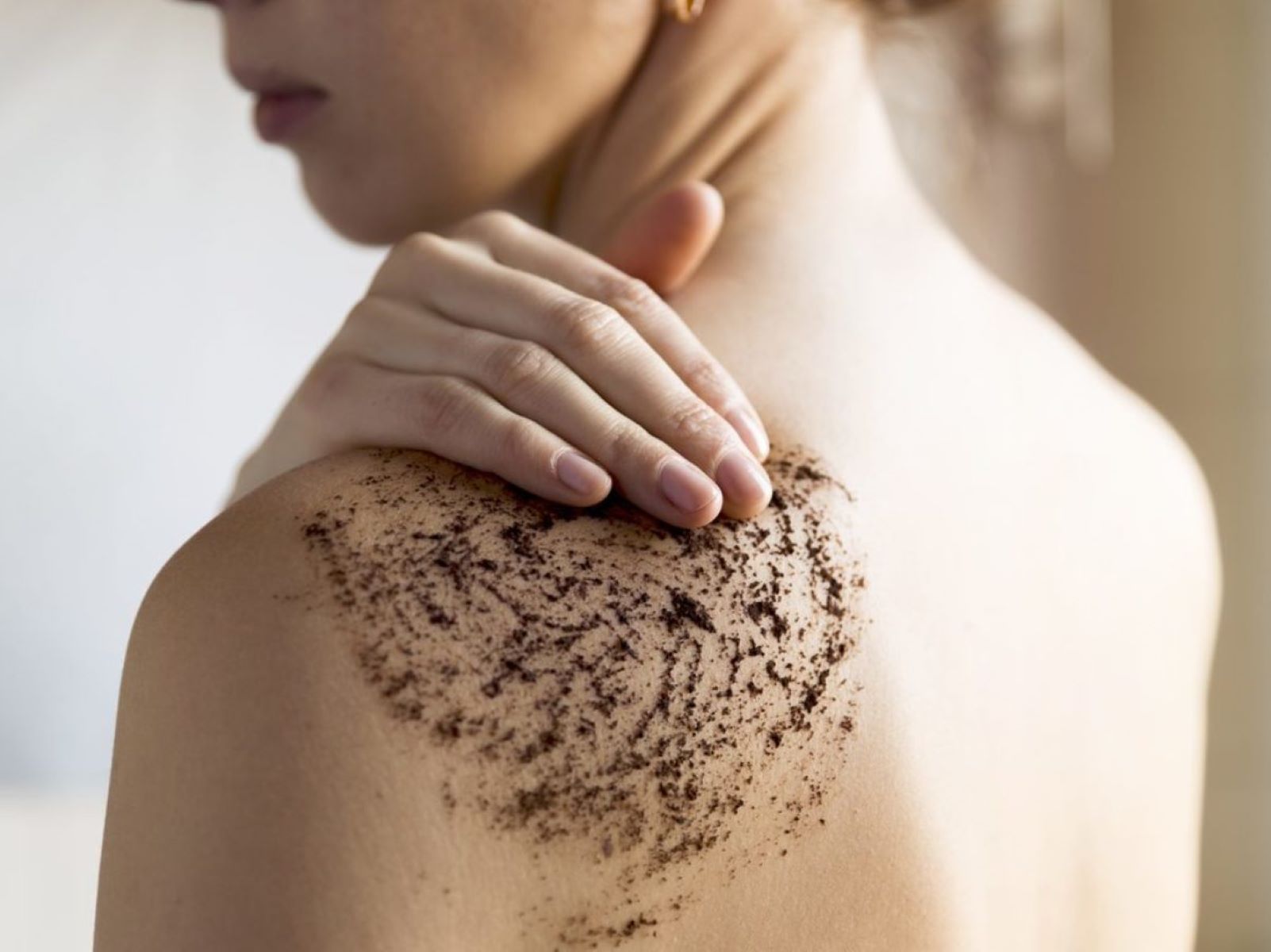
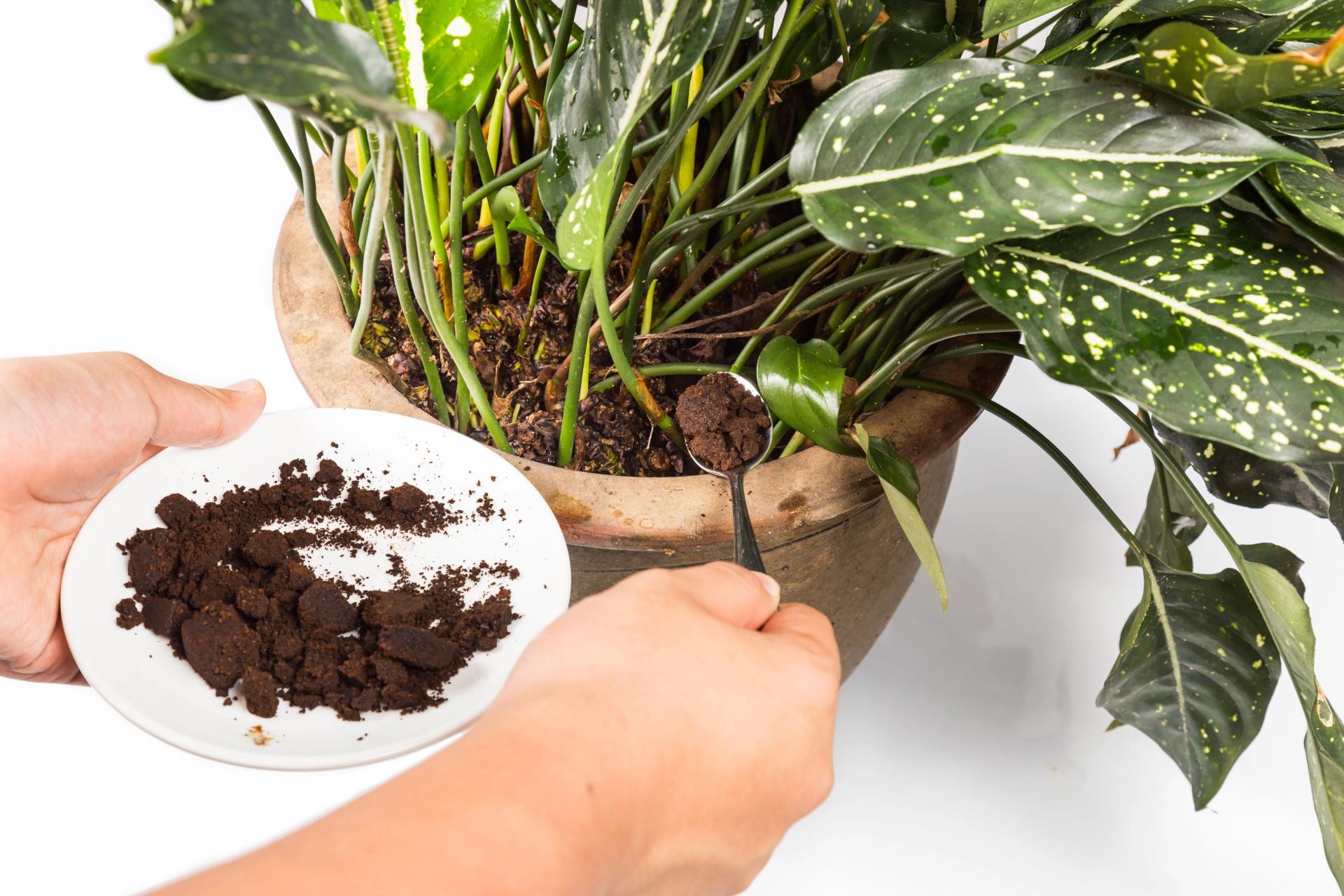
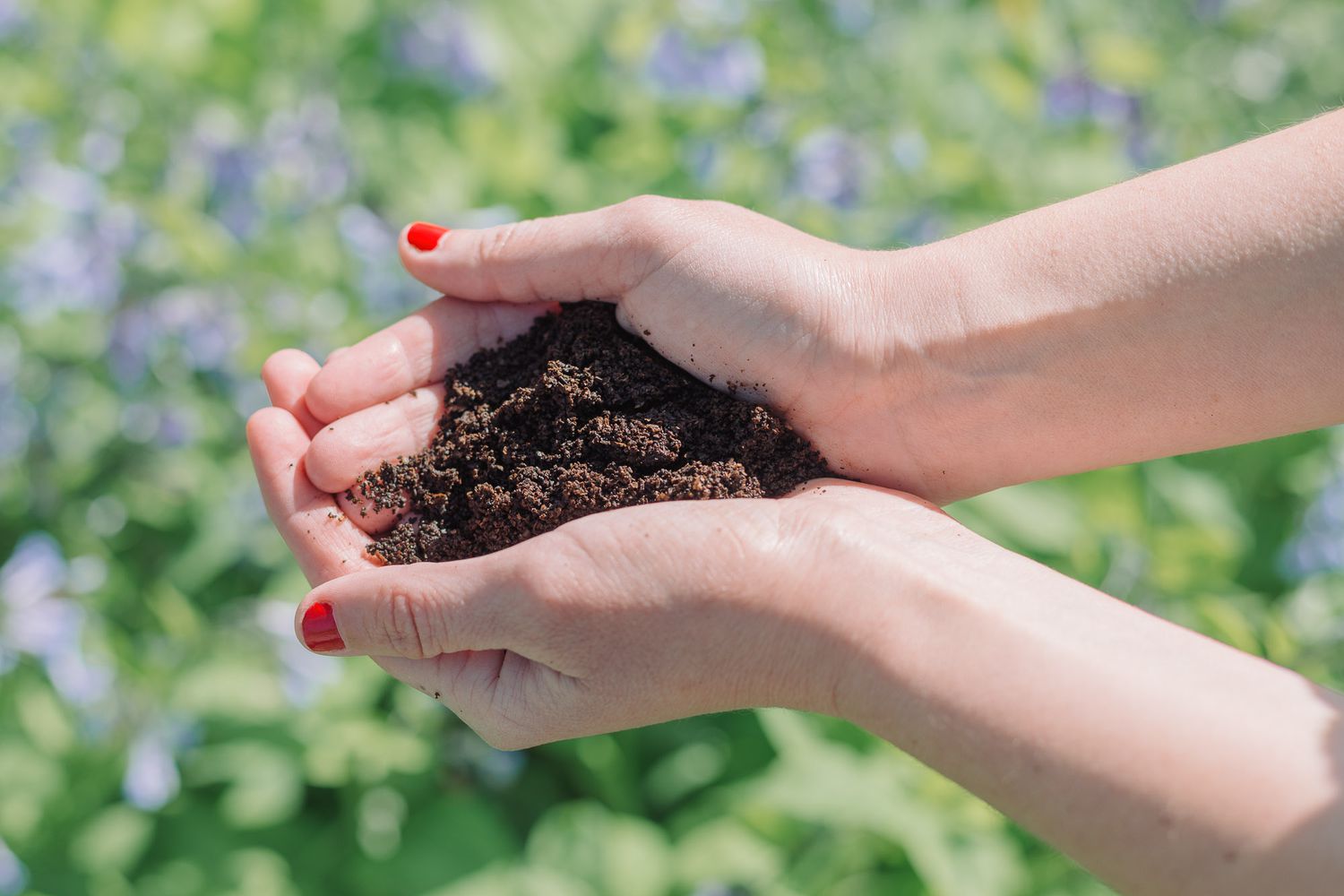
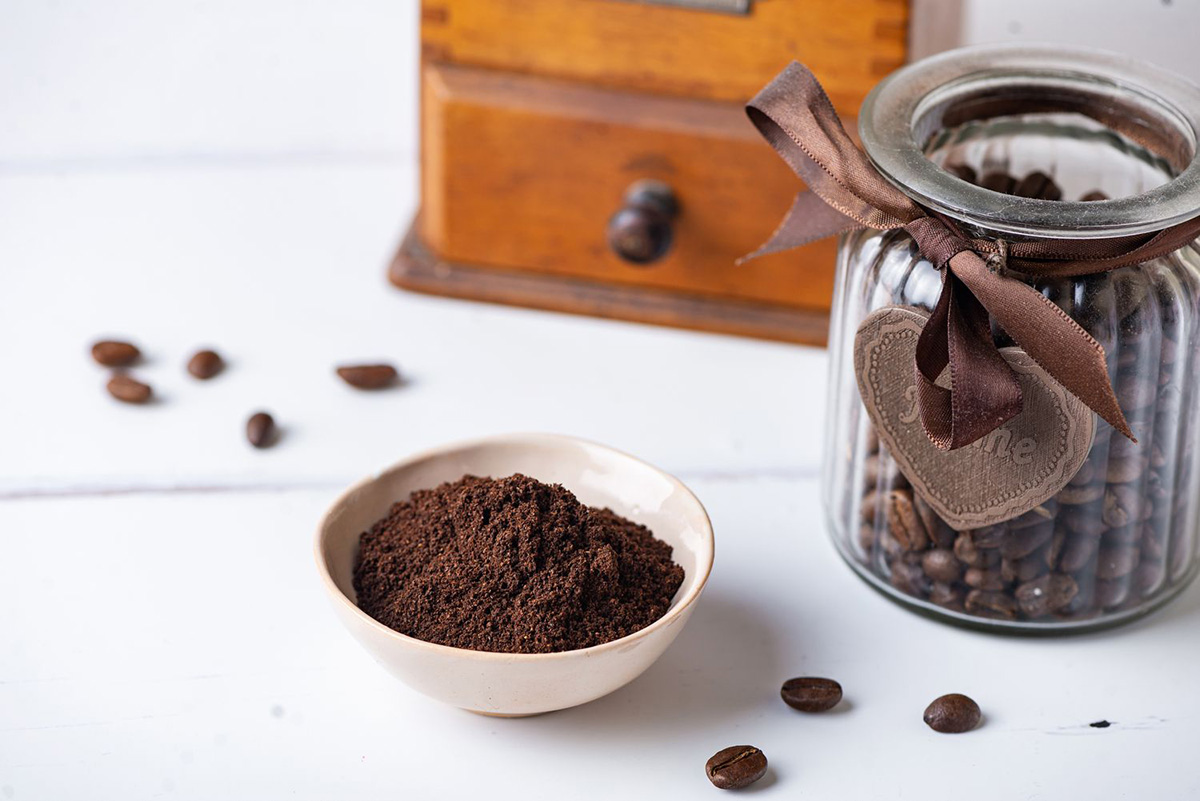
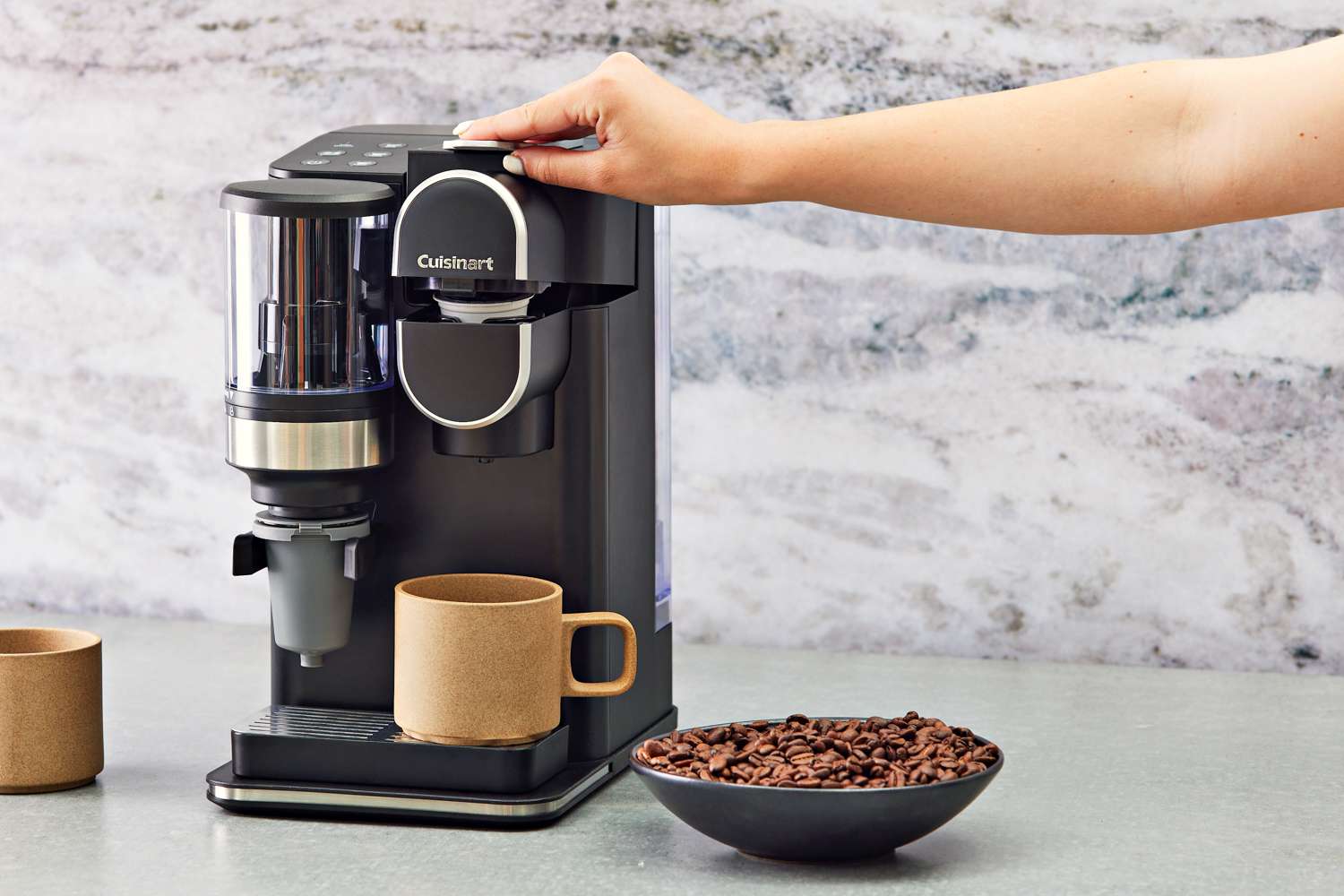
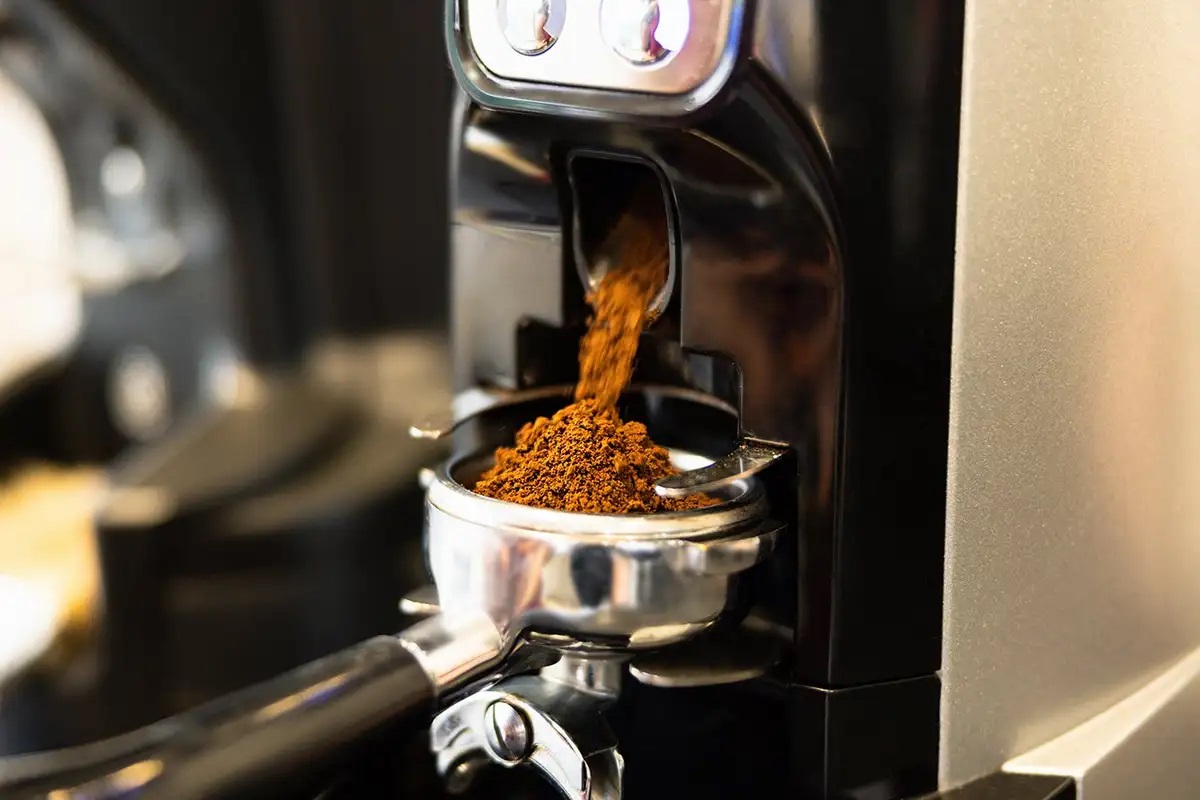
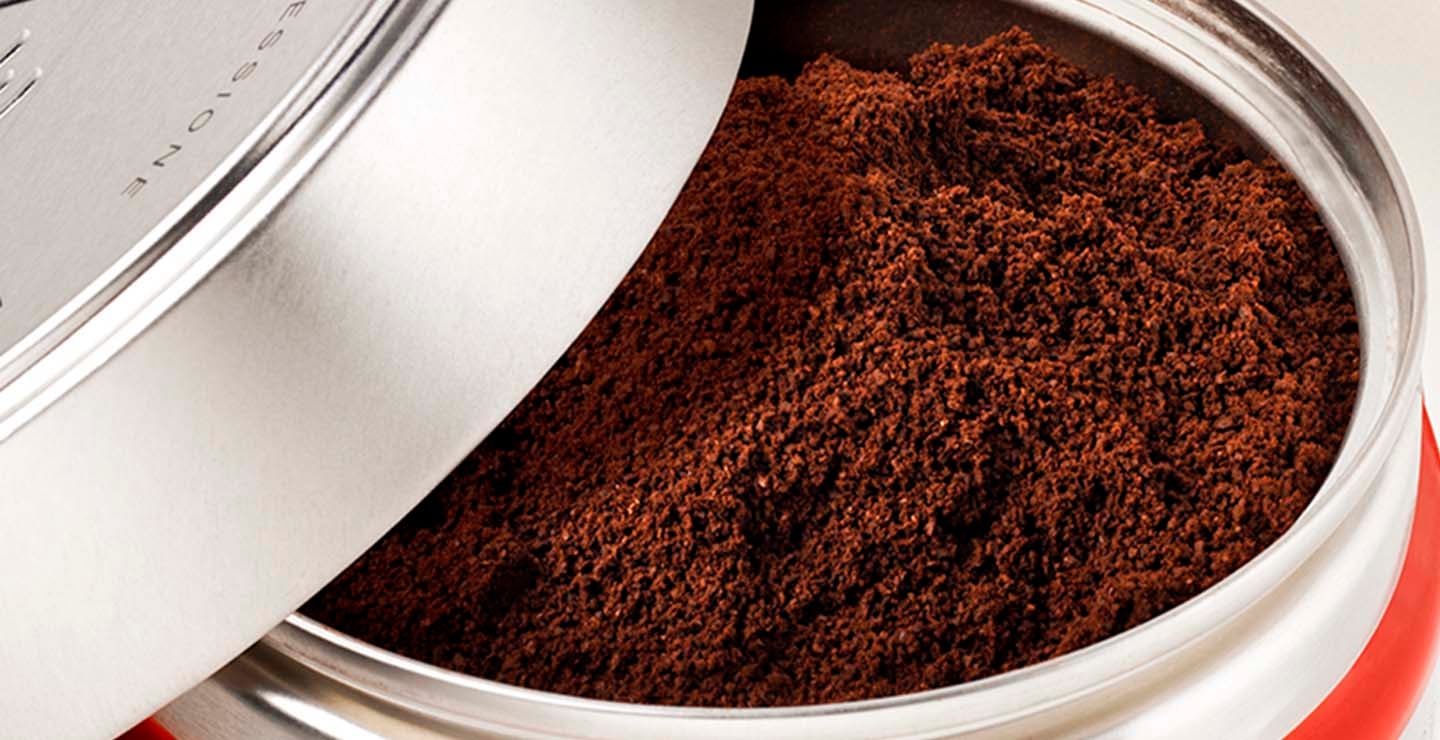

0 thoughts on “How To Store Coffee Grounds”